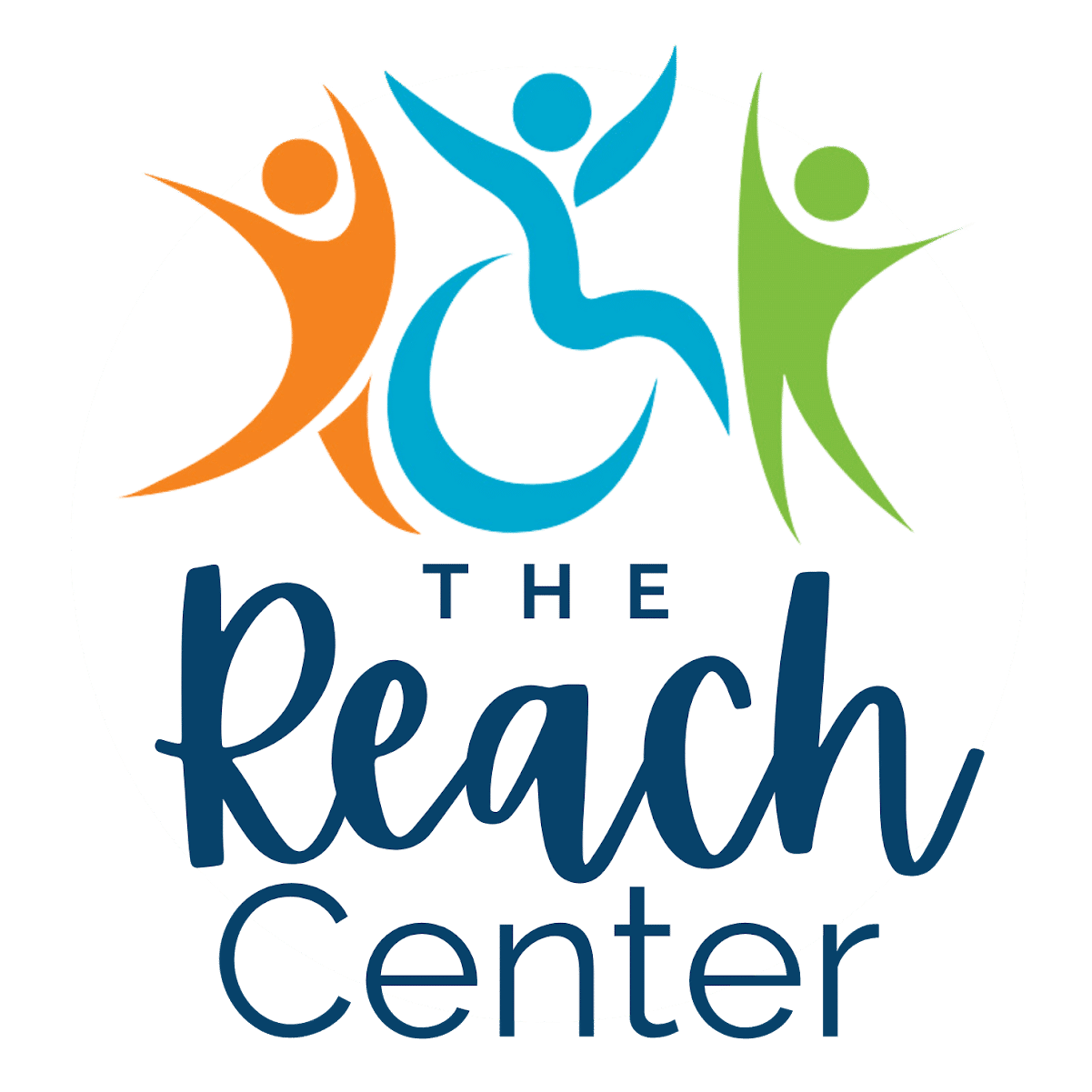An impairment in a child’s ability to swallow makes it difficult for them to eat or drink certain textures of solids or liquids. It can be caused by problems with the brain, spinal cord, nerves, muscles or tissues in the mouth, throat and esophagus. Symptoms of swallowing impairment vary depending on the cause but can include difficulty chewing and swallowing food, coughing or choking while eating, difficulty speaking, drooling and gagging.
Treatment for swallowing impairment can include speech therapy and modification of consistency of solids and/or liquids for safety purposes. With swallowing impairment, there is a risk of aspiration of food or liquid into the lungs, which can result in pneumonitis or pneumonia.
Most neurological conditions can’t be cured, but treatment will often improve a child’s capabilities. In general, the earlier treatment begins, the better chance children have of overcoming impairments or learning new ways to accomplish the tasks that challenge them. There is no standard therapy that works for every child. Our team will work with a child and their parents to identify specific impairments and needs and then develop an appropriate plan to tackle the core issues and goals for the family and child.
